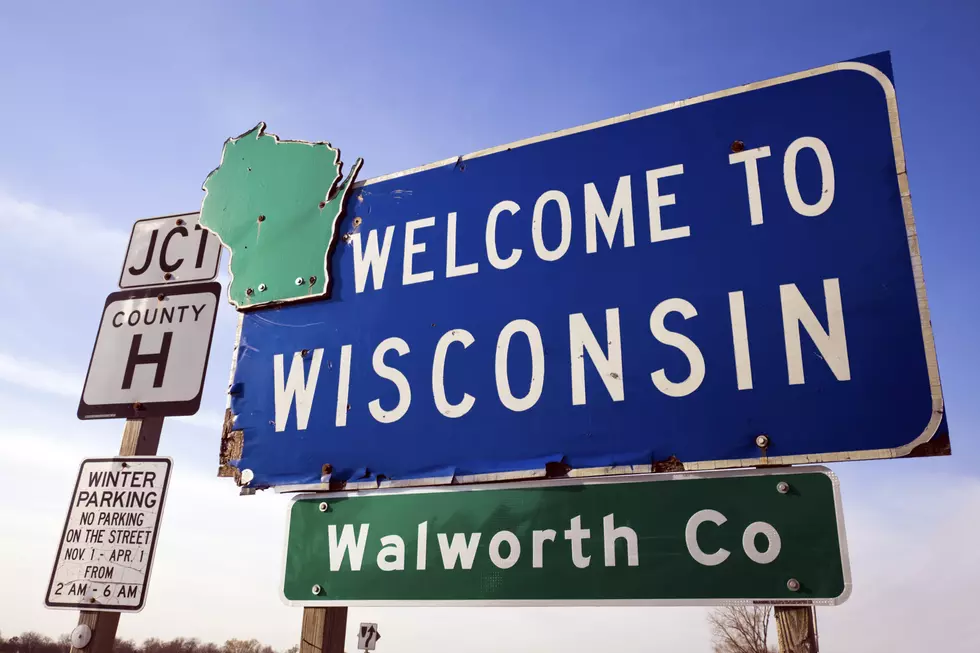
COVID Costs Wisconsin Public Schools 3% Drop In Enrollment
Wisconsin public schools are struggling with a 3% decrease in enrollment this year - a number that carries significant ramifications with it in regards to funding. While a variety of factors may have contributed to the decrease, state education officials are citing COVID-19 as the primary reason there are less students enrolled in 2020-2021 as compared to 2019-2020. Last year, the Wisconsin public school system was down 0.4%.
According to news sources, the most-significant grade and age level that saw a decrease was in in pre-K enrollment. Numbers show a 15.8% drop in 4-year old kindergarten (4K) children. There is also a drop of 4.9% in kindergarten enrollment this year. Those drops are considered something to watch as historically those age and grade levels have been offsetting a general overall drop in enrollment in years past.
Speaking generally, the COVID-19 pandemic has contributed to massive shedding of students throughout the entire system. According to news sources, summer school enrollment this past summer was down 57.2%.

At the same time the public school system in Wisconsin is losing students, independent charter schools and parochial schools are seeing increases. Both options are reporting an overall increase in students for the 2020-2021 school year.
A decrease in student enrollment is cause for concern when schools start looking for funding options. Total enrollment numbers are used by school systems to determine how much "schools can pull in through a combination of state aid money and property taxes". However, education officials suggest that immediate panic isn't necessary as those funding numbers are based off of a "three year rolling average of September enrollment and 40% of summer full-time enrollment, which means revenue limit decreases will not drop as precipitously in response to this year's enrollment decline as they would without taking into account the last two years". However, if the general trend continues, there could be funding problems in the future.

